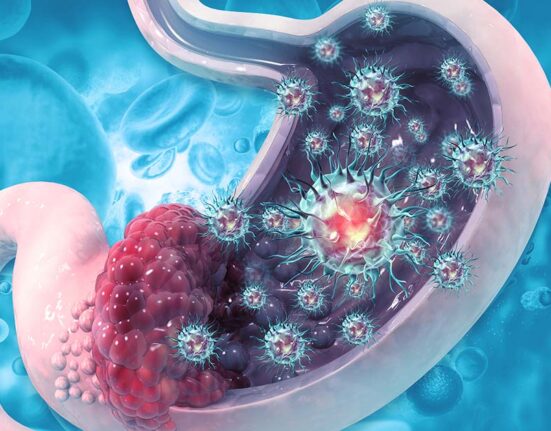There are many factors that determine indoor air quality in Singapore. One of these factors is the presence of particular matters (“PM”). Particulate matters are mixtures of solid and/or liquid particles that are suspended in the air. They vary in size, shape and composition. Those that are 10 micrometers (“microns”) in diameter or smaller are inhalable and can impact our health. A micron is a thousandth of a millimetre.
What Is PM2.5?
Fine particles that have a width of 2.5 microns or less are referred to as “PM2.5”. Larger PM2.5 particles are about 1/30 the wide of a human hair.
Sources Of PM2.5
PM2.5 may be a term familiar to people in Singapore and the region who have experienced the episodes of haze caused by forest fires over the past few decades. While outdoors sources are an important contributor to indoor air pollution, it is noteworthy that PM2.5 is also due to indoor sources. Fine particles from the outdoor sources include pollutants from buses, trucks, other combustion engine vehicles, and wild fires.
Indoor sources of PM2.5 includes activities such as cooking and smoking, and biological contaminants such as animals and pets, plants and mould, machines such as printers, and certain chemical reactions.
How Does PM2.5 Affect Indoor Air Quality And How Does It Affect Your Health?
The presence of PM2.5 reduces indoor air quality as it negatively impacts our health. In certain situations, the concentration of PM2.5 and other pollutants may actually be several times higher indoors than outdoor. This is especially concerning as a lot of people typically spend more time indoors than outdoors.
The lungs can be reached by particles in the PM2.5 size range as they can penetrate far into the respiratory system. Shortness of breath, coughing, sneezing, runny nose, and eye, nose, throat, and lung irritation are just a few short-term health impacts that can result from exposure to these tiny particles. Additionally, exposure to small particles can impair lung function, cause chronic bronchitis and worsen illnesses like asthma, and is also known to trigger heart disease events such as heart attacks. Increases in daily PM2.5 exposure have been associated with increases in emergency room visits, hospital admissions for respiratory and cardiovascular conditions, and worsening of mortality rates of heart disease and lung cancer.
Our Top 5 Tips to Protect Yourself and Your Family From Indoor Air Pollution In Singapore
- Use a range hood when cooking.
- Avoid smoking in your house (best to avoid smoking altogether!).
- Invest in a good and high-quality air purifier.
- Ventilate your home where possible.
- However, use air-conditioning when outdoor air pollution becomes severe.
Further Reading That Might Interest You
Protect against cancer, cardiovascular disease, and other chronic diseases with regular health screening. Compare and shop for health screenings from Singapore and regional healthcare providers at a single convenient platform - shop.health365.sg
This article is informative only and is not intended to be a substitute for professional medical advice, diagnosis, or treatment, and should never be relied upon for specific medical advice.























































